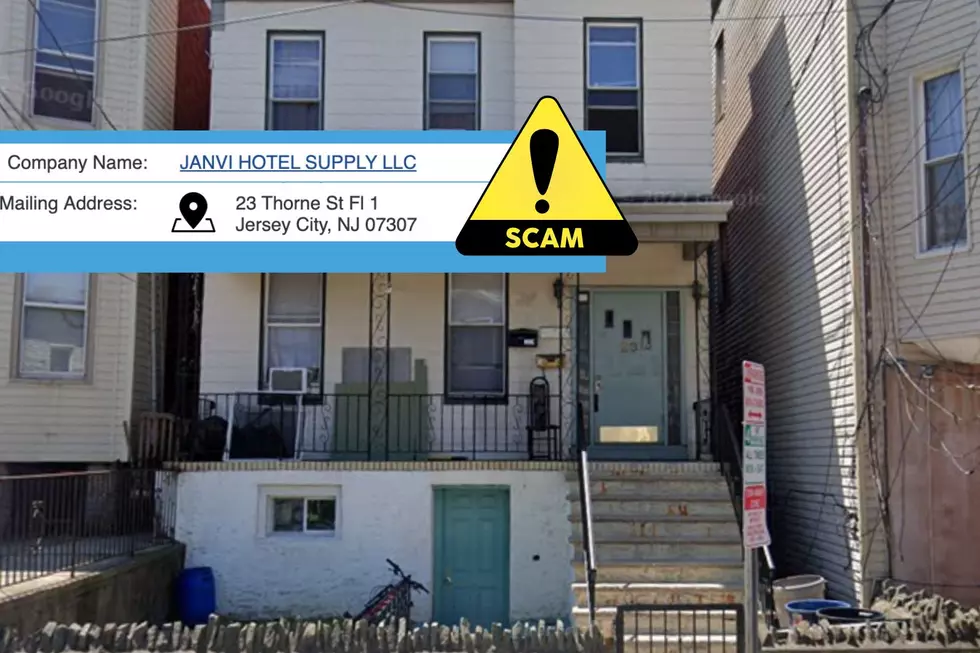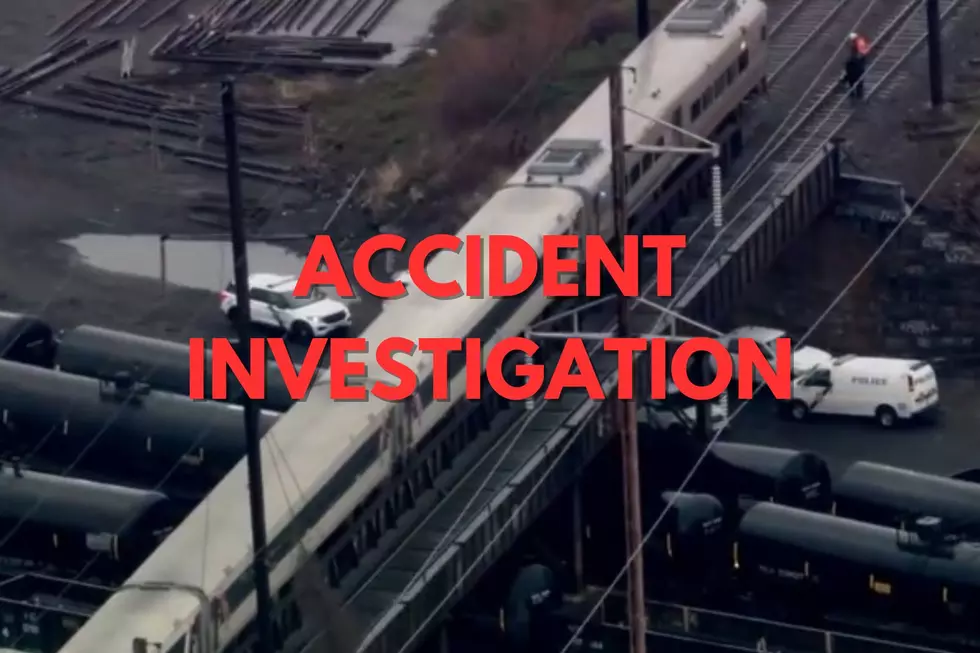
Why Don’t NJ Transit Trains Have a New Braking Safety System?
Would positive train control have made a difference in the fatal NJ Transit crash in Hoboken?
As the investigation moves forward, it’s still too soon to say if the automatic braking system designed to correct operator would have prevented the accident, but we do know NJ Transit is the only commuter line in the region that has not even started to install the technology on its locomotives.
“One reason why PTC has not moved forward is NJ Transit has been to some degree cash-starved by the policies of the state of New Jersey and the lack of a Transportation Trust Fund,” U.S. Sen. Bob Menendez, D-N.J., said this week.
According to the Federal Railroad Administration, the federal agency that supervises rail safety, NJ Transit has zero positive train control on any locomotives, zero PTC on any track segment and zero positive train control connected to radio towers that send the frequencies to stop a train if it’s going at excessive speeds.
“They have not put any of the funds they’re collecting from the fare box or the federal government towards capital improvements like positive train control,” he said.
The National Transportation Safety Board said Thursday that the Hoboken train sped up to more than double the station's speed limit just before the crash. Investigators are still not sure why. The crash killed a city woman standing on the platform and injured more than 100 passengers.
Menendez pointed out that NJ Transit was leading the nation almost 10 years ago on the early development of PTC, but “it totally went by the wayside."
"That certainly is not good for the riding public. It’s evident they have just decided to not spend money in that regard.”
Veronica Vanterpool, the executive director of the Tri-State Transportation Campaign, said in addition to facing a money crunch, NJ Transit has been slow in adding positive train control because the agency is suffering from a trifecta of problems, including leadership.
“They’ve had a significant difficulty in finding someone to serve as a permanent executive director, but also there’s a lack of prioritization of projects, mainly because the agency is dealing with so many challenges, both on the capital side and the operating side,” she said.
Vanterpool added another problem is “there’s a real lack of respect and attention for the role that transit plays in the transportation network and overall economy for the state of New Jersey.”
She pointed out an analysis of NJ Transit funding done by Tri-State and New Jersey for Transit, a broad coalition focused on the need for investment in affordable, efficient high-quality public transit in the Garden State, finds investment in transit service has been declining for 15 years.
“While ridership has increased 20 percent over the past 15 years, capital investment in NJ Transit has decreased just over 19 percent,” she said. “That significantly impacts the type of maintenance issues, the kinds of upgrades and expansion projects that the agency can advance and move forward with.”
Menendez said he agrees with NJ Transit that safety is a priority, but it’s important to remember “when it came to prioritizing their spending as it relates to an issue that could have provided greater safety, they didn’t. They’re going to have to account for that but it is totally unacceptable to me.”
He pointed out that while PTC is an advanced system, installing it should certainly not be an issue for NJ Transit.
“Whatever technicalities exist because of maybe some different ages of some of the NJ Transit rail cars and whatnot, it’s totally technologically possible," he said.
“While cost always has to be a consideration it can never be an excuse when it comes to technology that can save lives, and that’s what positive train control is all about,’ he said.
“At the end of the day, positive train control, had it been implemented, would have stopped that train from going at that excessive speed and probably would have at least not created the type of damage and the consequences that flowed from it,” he said.
More From WPG Talk Radio 95.5 FM










